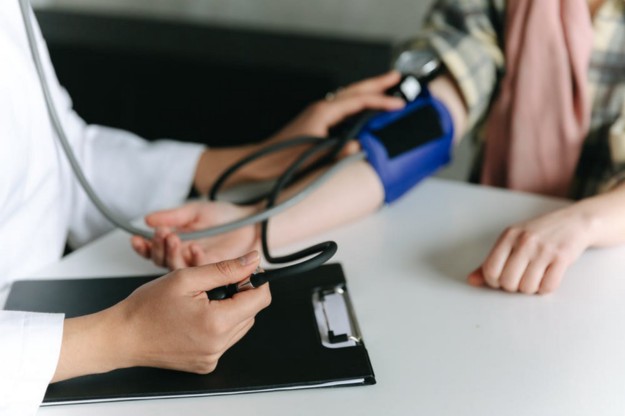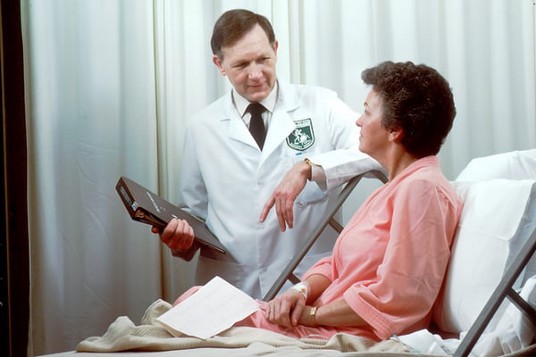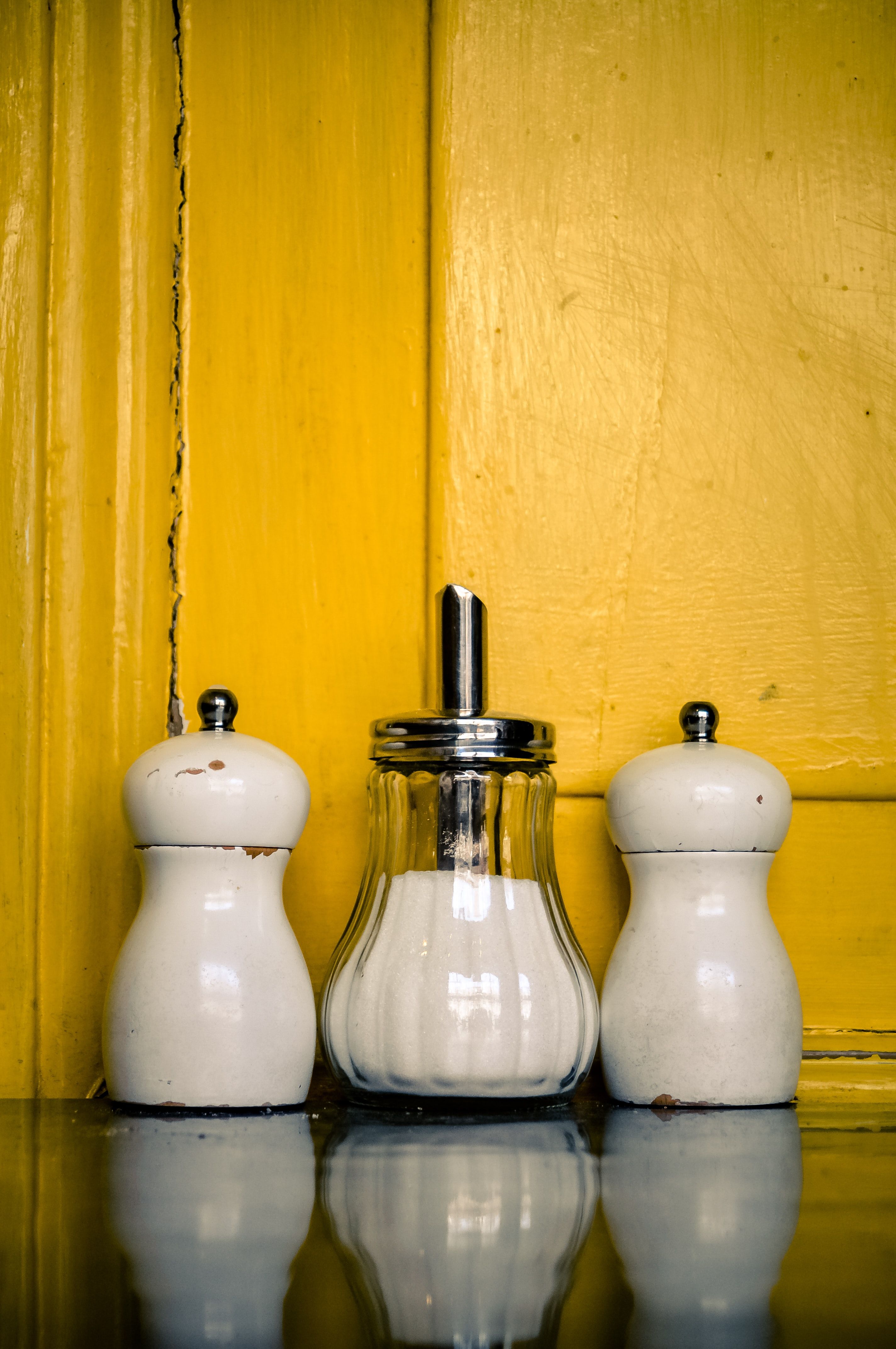Hypertension being asymptomatic can quietly cause damage to the cardiovascular system and so it is also known as “ The Silent Killer”. It is a controllable disease with drastic consequences if left uncontrolled. It can be controlled by diet and lifestyle measures that are as or more effective than medication.
Published Date January 24, 2003
All you need to know about Hypertension
By Naurin Ansari
4 min read
Last update date: January 24, 2003
All about blood pressure, lack of physical activity and hypertension.

Hypertension also called high blood pressure or BP is a common condition in which the long-term force of the blood against artery walls leads to health ailments, such as heart problems. Also known as ‘THE SILENT KILLER’, high blood pressure is asymptomatic as it can quietly cause damage to the cardiovascular system. As you read, you will get to know what hypertension actually is and how it is caused.
What is hypertension?
As per WHO, Hypertension, also known as high or raised blood pressure, is a condition in which the blood vessels have persistently raised pressure. Blood is carried from the heart to all parts of the body in the vessels. Each time the heart beats, it pumps blood into the vessels. Blood pressure is created by the force of blood pushing against the walls of blood vessels (arteries) as it is pumped by the heart.
The higher the pressure, the harder the heart has to pump.
A blood pressure reading is given in millimeters of mercury (mm/Hg). It has two numbers.
1. Top number (systolic pressure) :
The first, or upper, number measures the pressure in your arteries when your heart beats.
2. Bottom number (diastolic pressure) :
The second, or lower, number measures the pressure in your arteries between beats.
Different ranges of blood pressure.
Normal blood pressure = Between 90/60 mmHg and 120/80 mmHg.
At risk = Systolic: 120–139 mmHg, Diastolic: 80–89 mmHg.
High Blood Pressure = Systolic: 140 mmHg or higher, Diastolic: 90 mmHg or higher.
Symptoms:
Most people who have high blood pressure have no signs and symptoms, even if their reports show high levels of blood pressure. But here are some that are normally seen in people suffering from hypertension but are not so specific and don’t usually occur until the condition has reached a life-threatening stage.
- Headache
- Shortness of breath
- Nosebleeds
Causes:
There are mainly two types of high blood pressure.
Essential Hypertension
It doesn’t have a known secondary cause and is also known as primary hypertension. Genetic factors are thought to play a crucial role here. Diet, stress, lack of physical activity, and being overweight are some common risk factors. There are no specific symptoms of essential hypertension and it tends to develop gradually over many years.
Secondary Hypertension
It is caused by another condition or disease and it tends to appear suddenly. There are many reasons that can lead to secondary hypertension:
- Kidney disease.
- Adrenal gland tumours.
- Thyroid problems.
- Certain medications like antidepressants including desipramine, and venlafaxine.
Let’s also know the risk factors of hypertension
- Family history
Having one or more family members suffer from blood pressure before the age of 60 means one’s chances of getting affected by hypertension doubles. - Overweight/Obese
Obesity might increase the risk of hypertension by activating the renin-angiotensin-aldosterone system. - Not physically active
Being inactive might lead to a fat build-up in your arteries (the blood vessels that carry blood to your organs). If the arteries that carry blood to your heart get damaged and clogged, it might lead to severe heart issues. Higher the heart rate, the harder the heart will have to work with each contraction and the stronger the force on your arteries. Low physical activity also increases the risk of being overweight. - Age
Risk increases as age increases. High BP is most common in men until the age of 64, while women are most likely to develop it after 64 years of age. - Using tobacco/cigarettes
Chemicals present in tobacco can damage the lining of the artery wall. The nicotine in cigarettes and other tobacco products makes the blood vessels narrower and thus the heart has to beat faster, which can shoot up your BP. - Too much salt in the diet
Too much sodium in your diet can cause your body to retain fluid, which increases blood pressure. When you eat too much salt, which contains sodium, your body might hold extra water to wash the salt out of your body. This may cause blood pressure to rise in some people. The added water will put stress on your heart and blood vessels.
Consequences
When your blood is pushing too hard against your arteries, it can lead to an array of problems that ultimately will damage the entire circulatory system. Sometimes it could lead to heart attack, kidney damage, stroke, aneurysm, heart failure, vision loss, peripheral artery disease, metabolic syndrome, and trouble with thinking or remembering things.
Conclusion
Keep reading

All you need to know about Hypothyroidism
All about thyroid hormones, High blood pressure, iodine and hypothyroidism.
By Naurin Ansari

All you need to know about Salicylate Sensitivity
All about coffee, Almonds, Capsicum and salicylate sensitivity.
By Arpita Sudev

Hydration Facts You Need To Know
Water is the most essential drink in our life. It is used in almost all the activities that we carry out in our day-to-day life. Cooking, bathing, cleaning, everything needs water.
By Hetvi Shah

How Much Do You Know About FODMAP?
All about IBS, Crohn's disease and FODMAP.
By Arpita Sudev
Choose Healthy With Us.
Know the real truth about your food. Stay informed and healthy, for free.

Download the App Now
Certified nutritionists trust our food recommendations. Safe to say, so can you :)










